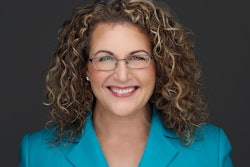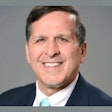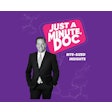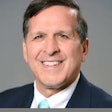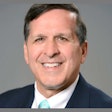If you’ve noticed your team members are quiet lately -- especially during meetings, feedback sessions, or moments of change -- you’re not imagining it. And it’s not just “moodiness” or that they are having a bad day.
As someone who’s consulted with hundreds of dental professionals, I can tell you that withdrawal and silence are two of the most common stress responses in dentistry. When communication breaks down, silence often takes over, and it speaks volumes. Why does your team get quiet, and what can you do about it?
What silence signals in your dental office
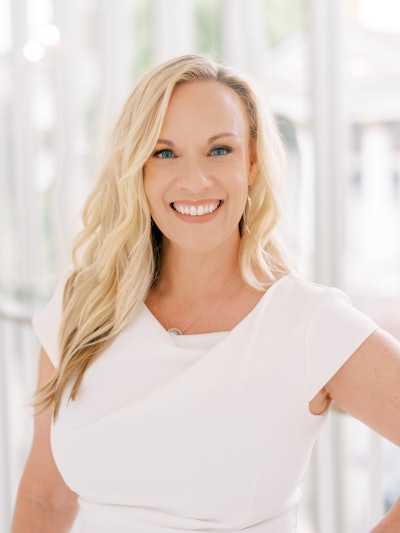 Kelly Tanner, PhD, RDH.
Kelly Tanner, PhD, RDH.
When I facilitate training sessions, I often start with a simple but powerful communication exercise. It helps teams understand how they respond under stress and what those responses look like in real time.
For many, stress doesn’t show up as confrontation. It shows up as withdrawal, shutdown, and silence.
Here’s what I’ve heard again and again:
- “When I’m angry, I just shut down. I don’t want to say something I’ll regret.”
- “If I feel like I’m not being heard, I just stop talking.”
- “What’s the point of speaking up if nothing changes?”
Sound familiar? Let’s break down some of the most common reasons dental professionals go silent.
They don’t feel heard
One of the biggest triggers for shutting down is the feeling of being dismissed. Whether it’s a suggestion ignored in a team meeting or an unacknowledged concern about patient care, being unheard creates disconnection. Over time, that disconnection becomes disengagement.
What to do: Create intentional space for team members to contribute. Acknowledge their ideas, even if you can’t act on them right away. Validation goes a long way in keeping communication open. It is also helpful to communicate a time frame on when the office may be able to act on the idea or to make adjustments to accommodate a change.
Broken agreements or misalignment
Another major reason team members stop speaking up is because previous agreements are no longer being honored, or at least, that’s how it feels. Maybe there was an understanding about scheduling or task responsibilities that’s not being upheld. That misalignment breeds mistrust and resentment.
What to do: Revisit your agreements and clarify expectations regularly. Ideally, a quarterly or semiannual review or “touch base” may help close the loop on previous conversations. If something needs to change, communicate it. Silence often creeps in where transparency is missing.
Lack of accountability across the team
Here’s a tough one: When the team sees others not being held accountable, especially by leadership, for their actions, it sends a loud message and team members think, “What’s the point?” If someone continually gets a pass for behavior or performance issues, it erodes morale.
What to do: Address issues consistently. Accountability isn’t about punishment, it’s about creating a culture where everyone knows they can rely on each other. If the doctor is not comfortable in this role, then the task for accountability on specific tasks and behaviors can be successfully delegated.
Why it matters
Silence in your dental practice isn’t harmless. It can indicate deeper issues with trust, safety, and communication. When team members withdraw, we miss out on their insights, their initiative, and their energy. Worse, they start looking for other workplaces where they feel heard, valued, and seen.
The good news? You can shift the dynamic.
Use communication assessments. Create space for debriefs. Acknowledge what's unspoken. Sometimes the quietest person in the room has the most valuable insight, but only if we learn how to listen differently.
If your team members are quiet, don’t assume they’re disengaged or disinterested. Get curious. What’s going unsaid? What agreements have shifted? And how can you open up a conversation that brings people back to the table? Silence may be a stress response, but intentional connection is the cure.
Kelly Tanner, PhD, RDH, is a contributing author to DrBicuspid, where she shares insights and strategies to empower dental hygienists in their careers. As a leader in clinical training, professional development, and team dynamics, Tanner provides resources to help hygienists elevate their practice and personal growth. For further support, join her free Facebook group, Next Level Dental Hygiene Career and Personal Development, and explore group training and on-demand courses at www.nextleveldentalhygiene.com.
The comments and observations expressed herein do not necessarily reflect the opinions of DrBicuspid.com, nor should they be construed as an endorsement or admonishment of any particular idea, vendor, or organization.







